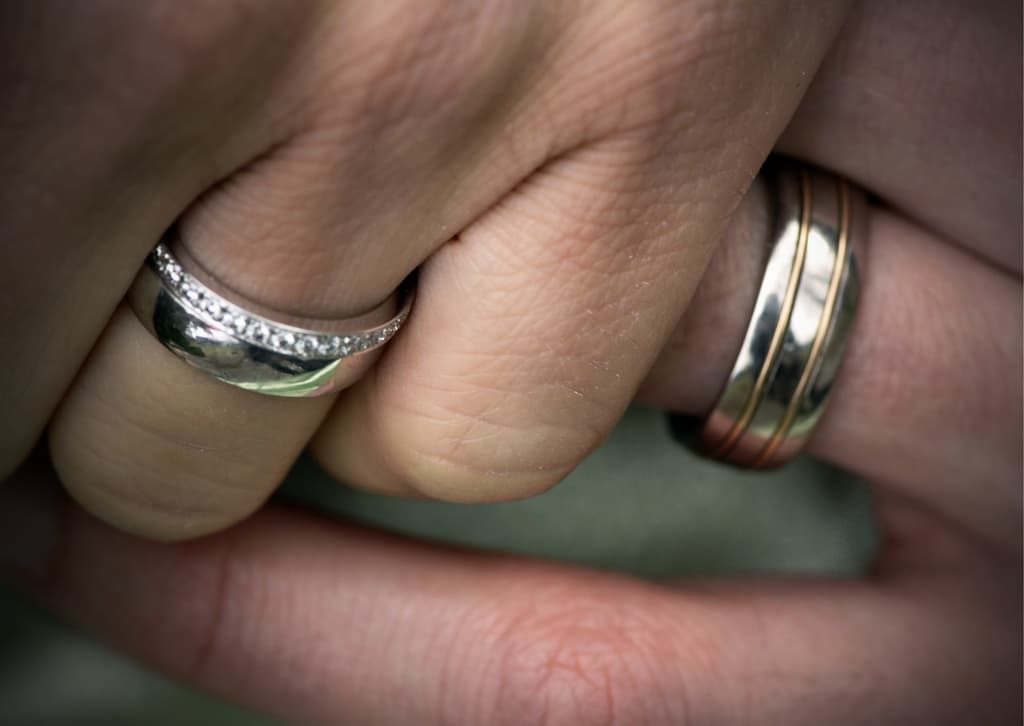In a new survey, Zmarta has compared tens of thousands of loans from over 30 lenders affiliated with them. This includes everything from car loans to home loans.
And the result is clear – apart from economic conditions, marital status is an important factor when the bank lends money.
Those who get the lowest interest rate are married people.
The bank's dream customer is a person who is married, earns well, and has a high credit rating, says Ola Söderlind, household economist at Zmarta.
Cohabiting couples get higher interest
It even differs between people who are cohabiting or married.
Despite having a high credit rating, i.e., good economy without debts or payment remarks – a person who is cohabiting pays 1,000 kronor extra per year for every million borrowed.
Most people who get married tend to stay together longer than cohabiting couples, so that can be a reason. Then you have to pay more for that risk.
For singles, it becomes even more expensive. If they borrow one million and have a high credit rating, they pay 7,000 kronor extra per year – compared to a married person.
Banks look at how big the risk is to get their money back, says Ola Söderlind.
If you lose your job as a single, it's not as likely that you'll have as much money left over each month. But if you live in a partner relationship, there's a person in the household who might still have their job.
Worst for singles
The highest interest rate is paid by a single person with a low credit rating. They pay approximately 40,000 kronor extra per year for every million, despite having the same credit rating as a married person.
The worse your economy is or if you have debts or payment remarks, the bigger the difference becomes.
You're not favored by being divorced, widowed, or a widower at the bank either. Instead, you get an increase of 13,000 kronor per year on average for someone who borrows one million, compared to a married person.
We don't know for sure what it's due to, but it could be that you've taken on a lot of expenses if you get divorced.
And if you're a widow or widower, it might be due to age. That you don't have as much time to pay back your loan.






